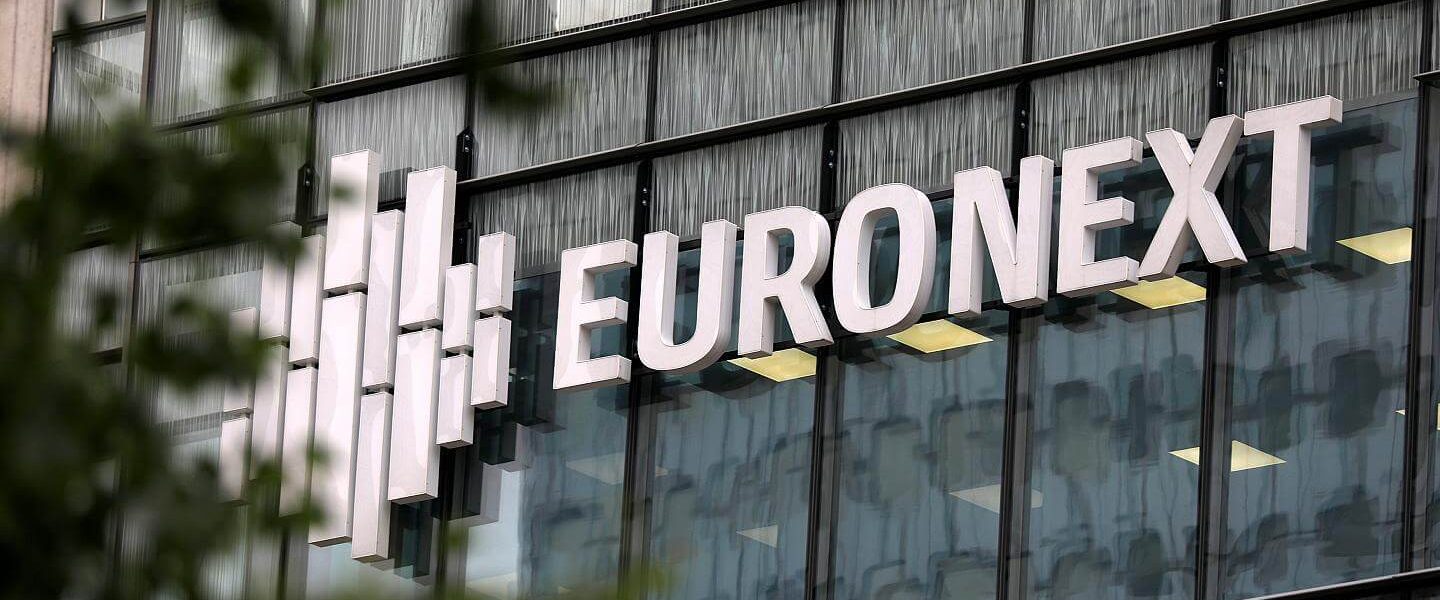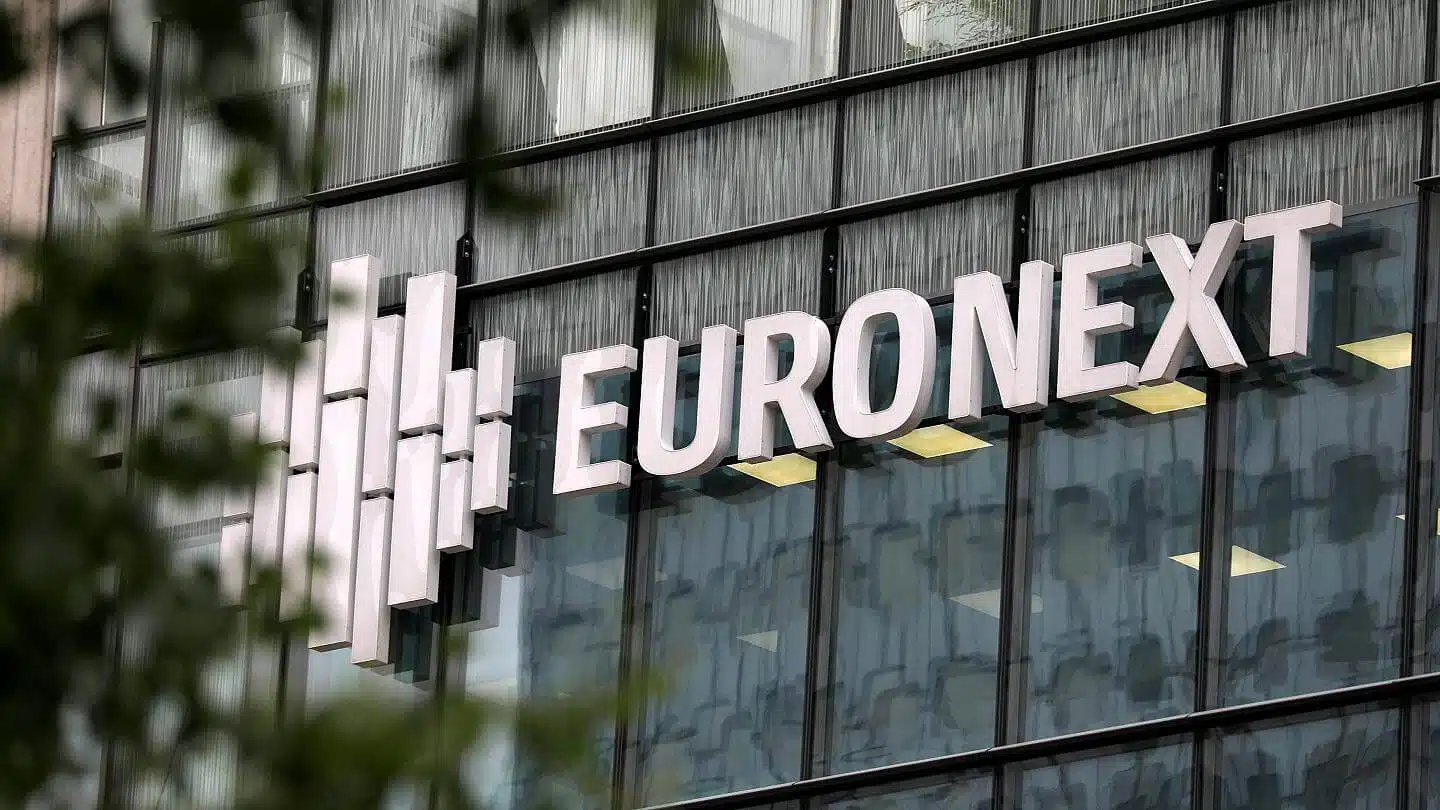In recent years, corporate response to various climate change-related concerns has become a key determinant for many investors who want to see just how committed companies are when it comes to their environmental, social, and governance (ESG) standards.
Now, the Hongkong Shanghai Banking Corporation (HSBC) presents a novel way to determine which companies are being proactive about climate change, making things much easier for eco-savvy investors.
HSBC recently teamed up with pan-European stock exchange Euronext and Iceberg Data Lab to create the Euronext ESG Biodiversity Screened Index, the world’s first investable biodiversity-screened benchmark index founded on a diverse array of equities.
Who made it to the list?
Companies that make up the Euronext ESG Biodiversity Screened Index were chosen from Euronext’s Eurozone 300 Index and its World Index. Selection criteria include the company’s commitment to the UN Global Compact Principles and their refusal to participate in activities involving questionable weapons, thermal coal extraction, and tobacco production.
Each company’s ESG risk ranking is determined by Sustainalytics and their Corporate Biodiversity Footprint (CBF) measured by Iceberg Data Lab. The CBF is an assessment of the company’s impact on biodiversity with regard to several factors related to their value chains: land use, greenhouse gas emissions, and air and water pollution.
According to HSBC’s global head of ESG sales, markets, and securities services Patrick Kondarjian, the new biodiversity index is meant to serve as a benchmark for investors. It will essentially help them determine which stocks to include in their portfolios based on a company’s impact on the environment.
Knowing this will help investors consider a wide range of products to track related indexes, giving them a better oversight of their portfolios.
Through the index, HSBC also aims to develop business or investment models for companies that seek ways to help save and protect the environment. Indeed, the bank believes that biodiversity is a key element of various aspects of life on earth, such as food security, access to clean water, climate regulation, and the removal of carbon.
Likewise, it also believes that the recent UN COP26 summit gave a stronger impetus to the protection of global biodiversity and the achievement of goals set by the Paris Agreement, specifically to reverse deforestation and cut carbon emissions by half come 2030.
For HSBC itself, its transition to carbon-free transactions has become one of its four strategic pillars. By putting the earth and biodiversity at the heart of its environmental strategy, it pushes for a thriving global economy that is no longer reliant on carbon-heavy businesses. The company has committed between $250 billion to $1 trillion in investments by 2030 to help its customers decarbonize and implement climate-friendly solutions.







